Sweden is absolutely a nice country to live and study – being so organized and peaceful, having well-preserved beautiful nature and pursuing an awe-inspiring sustainable living system. But it also means that Sweden is totally different from Vietnam – my home country. The tranquility in Uppsala reminds me of a busy, messy, crazy, crowded city – Saigon, my hometown. I’d never lived in anywhere outside Vietnam before, therefore, I can’t help but feel a bit nostalgic on my first few weeks of being in Sweden.
Though parts of me still miss home somehow, I figure out some ways I can deal with living far away from home without missing everything so badly:
1 – Let’s start your day with food from your hometown
I manage to cook for myself every day, though most of them are very simple meals. They are also not all Asian foods, as some Asian ingredients and spices can be very rare and expensive here. I try to balance by having both or try to cook so-called Western foods but with Vietnamese taste (It’s rumored that you just need to add fish sauce to every dish and it becomes Vietnamese food)
Someone told me that if you have breakfast with your home country dishes, you will feel as if you were never away from home. Therefore, I try to have breakfast with either fried rice with egg or sticky-rice at least for a few times during the week.
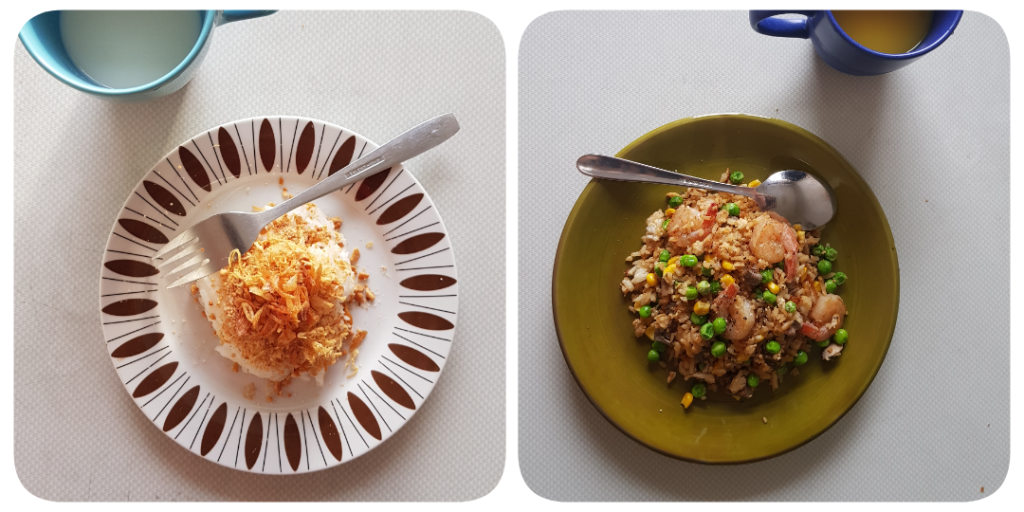
Two of my typical Asian breakfasts in Uppsala.
It’s always a pleasure for me to visit Asian grocery stores where I can find so many familiar ingredients. Asian livs & Sivia Matcenter are 2 places I would recommend for any Asian wanting to eat like home.

I made a bowl of Hoành thánh soup for this weekend (Chinese name: Wonton). The wonton skin and other ingredients can be found at Asian Livs. This is an authentic Chinese dish and I cooked it with my Chinese roommate’s consultancy. So delicious!

Like Swedes enjoy coffee, Vietnamese people drink Bubble tea. It feels so hard for me not enjoying that delicious drink for a long time. Luckily, I found dried “bubbles” in Asian Livs. It took me 1 hour to cook those tiny balls into real “bubbles”. It’s totally worth that much effort.
2- Talk to other people from other nations. And be proud of your country.
I’m now living in a condo along with a Swede and a Chinese student. Last week, we had a dinner for us all together to cook traditional food from our home countries. I’m so proud to cook Vietnamese beef stew and Green bean dessert and put them on the menu along with dishes from Sweden, Russia and China.
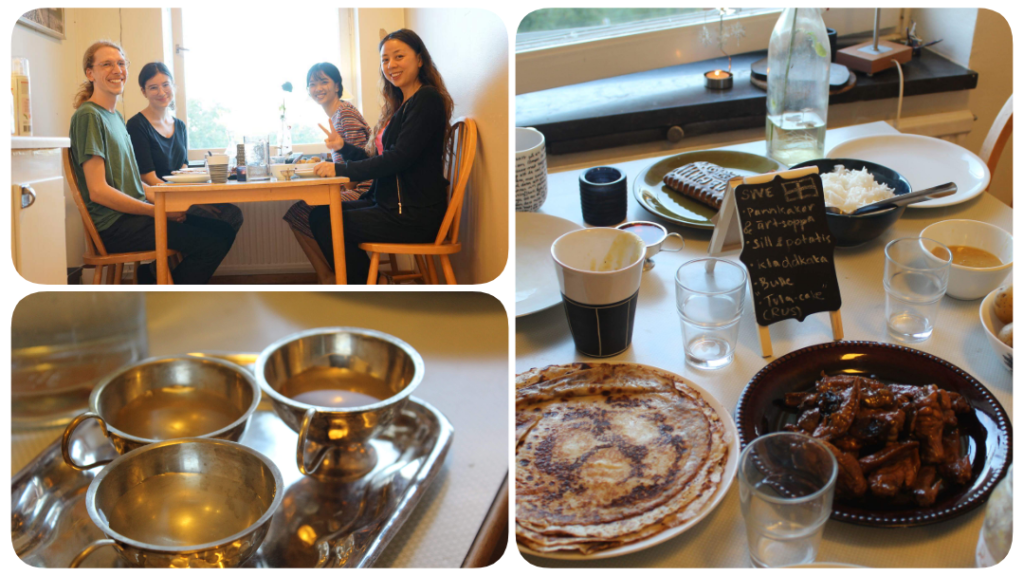
We had a great time sharing our own food, our traditions and our views. And it’s very interesting to reflex how things are different here and there. Every time we talk, we find out different interesting things about how strange another nation could be (And we even exist on the same planet!)
3- Focus on studying
Studying here is different and comparatively difficult from my experience in Vietnam. I finished my bachelor’s degree 3 years ago, therefore I barely touched as many books and documents in those recent years as I’m doing now. It feels so stressful just to think about all the assignment and essay deadlines. So, let’s just focus on studying – as it is the reason why I came such a long way to be here. Also, you will feel much better because you have no time left to miss home.
I don’t have any photos I took to illustrate this part, so I just put here one of my lecturer’s slides from yesterday.

From: invisiblebread.com
4- Still missing home so bad? Call your loved ones to speak your mother tough and get updated about home
Being far away from your family, friends and loved one can be the hardest thing about studying abroad. It is for me and I still miss them so much. I rarely meet anyone from my home country since I ‘ve been to Uppsala, therefore, I really value every single time talking on the phone, speaking my mother language with my family and friends.

Some pictures I received from my family and friends. From left to right: 1/ Fireworks in Vietnam Independence Day 2/ Parade to celebrate our national team winning a football match 3/ One of my favorite dish in Vietnam
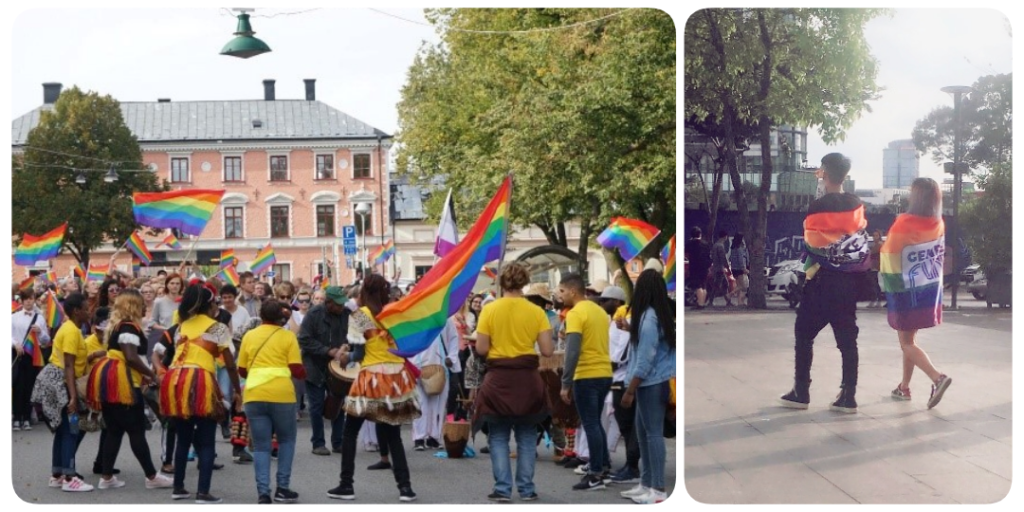
Welcome OUT parade in Uppsala that I joined (left photo) vs. Gay Pride day in Saigon that my friend joined.
I guess I’m over my homesickness due to these small simple things. Missing home, I also feel so blessed for this wonderful opportunity to study and live in Sweden, to get out of my ‘comfort zone’, to go to somewhere so far away from home and get as many exciting experiences as I could. I will end this article with a famous speech from President John F. Kennedy – The Moon Speech, which my boyfriend sent me the day before I departed to Sweden, to motivate myself and anyone may feel the same.
“We choose to go to the moon in this decade and do the other things, not because they are easy, but because they are hard, because that goal will serve to organize and measure the best of our energies and skills, because that challenge is one that we are willing to accept, one we are unwilling to postpone, and one which we intend to win, and the others, too.”
– President John F. Kennedy





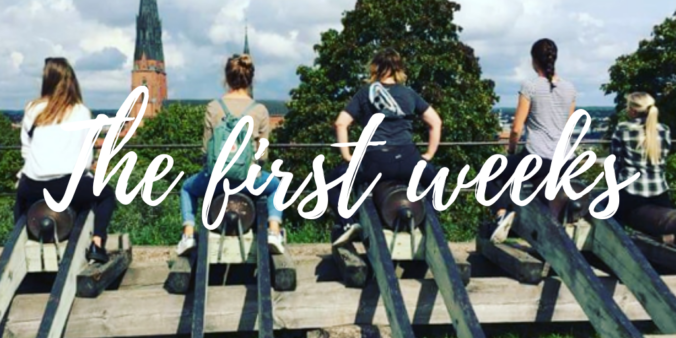
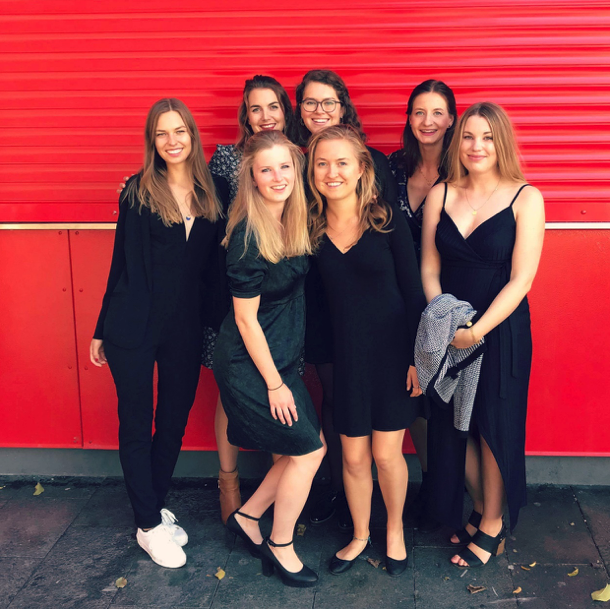




Recent Comments